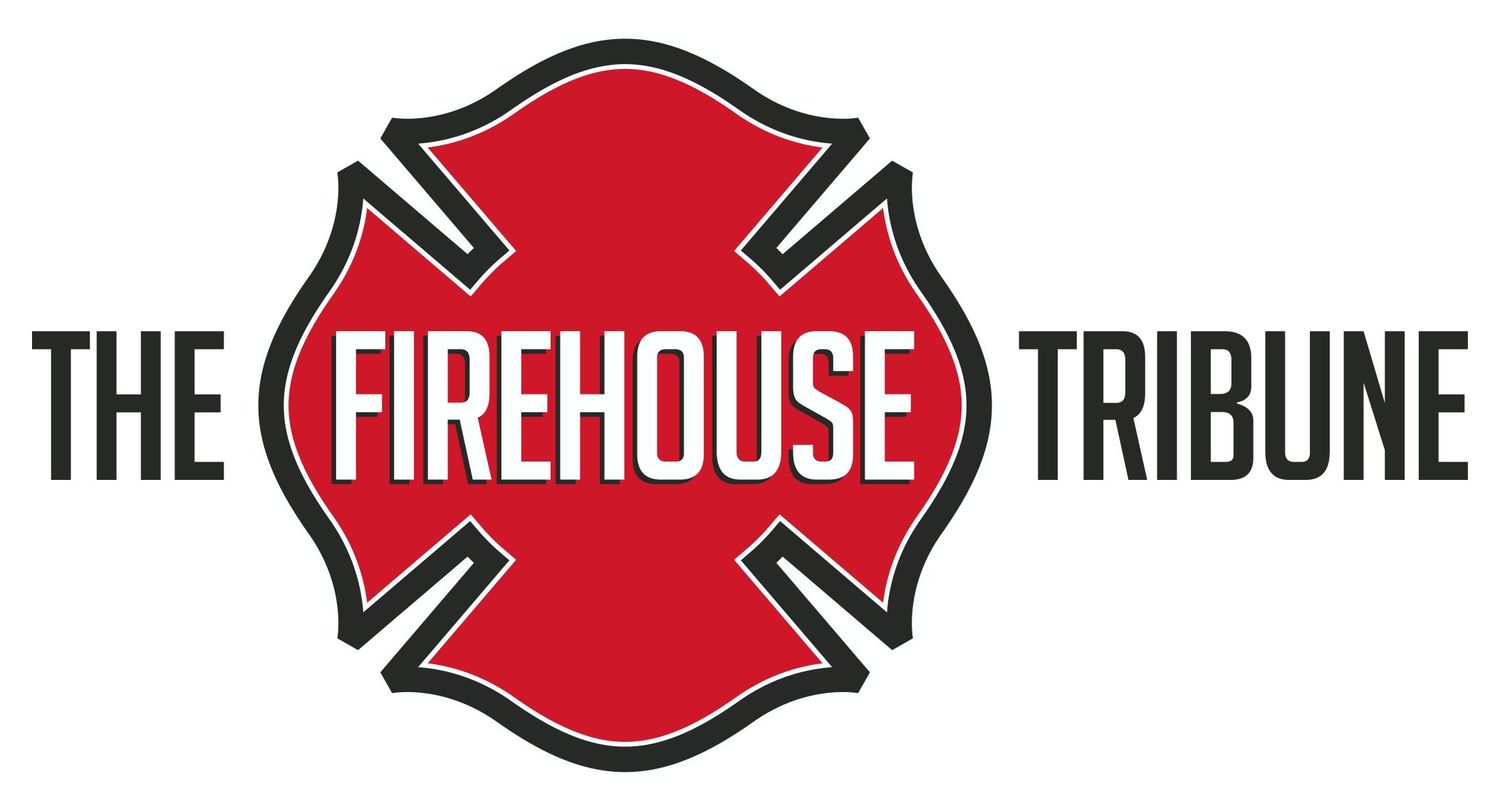Heart Disease is the leading cause of death of both men and women in the United States. It’s also one the leading causes of death in firefighters and for more than 1 reason. However, in this article we are discussing it with its link to cholesterol. So what is cholesterol and what does it due to our bodies?
For starters, cholesterol is a fat found in your blood that is developed in the liver but your body can also receive it from meat, fish, eggs, butter, cheese, and whole or low-fat milk. Everyone needs some cholesterol in their bodies in order to function properly such as your brain, skin and bodily organs. What cholesterol is doing for your body is acting a building block for your cells as well as helping repair damaged cells especially ones found in the blood vessels and the dietary tract.
If cholesterol is helping your body, why is it bad?
Well, foodhigh in additives, preservatives and other toxic processes will cause cells to become damaged and are most likely found in refined and processed carbohydrates. This will cause the cholesterol to flow around the blood and eventually cling onto the walls of your blood vessels, thus causing the vessels to become narrower as time goes on eventually clogging the vessels. A clogged vessel does not allow for proper blood flow through the vessel potentially causing a heart attack (lack of oxygen-rich blood)or stroke (decreased blood flow to thebrain) to name a few.
To be on top of our game and have long lasting career and life, we can as firefighters help ourselves and families to help improve our cholesterol levels.
1. Eat heart-healthy foods
a. Healthier Fats
i. Saturated fats, founds in red meat and dairy will raise your total cholesterol levels and low-density lipoprotein (LDL) also known as “bad” cholesterol. Rule of thumb: 7% or less of your daily caloric intake should be from saturated fats.
ii. Leaner cuts of meat such as London broil, top sirloin, chicken breast, 96% lean ground beef and pork tenderloin are other healthier options along with low-fat dairy and monounsaturated fats which is found in olive and canola oils.
b. Eliminate Trans Fats
i. Trans fats affect cholesterol levels by increasing LDL levels (“bad”) and lowering the (“good”) HDL levels. Trans fats can be found in fried foods and many processed foods such as cookies, crackers and snack cakes. In the U.S., food containing less than 0.5 grams of trans fat per serving is consider “trans fat-free”.
c. Omega-3 Fatty Acids
i. Omega-3’s don’t have an effect on LDL cholesterol (“bad”) however it does have heart benefits. Some benefits omega-3 has are helping to increase high-density lipoprotein (HDL or “good”), reducing triglycerides (type of fat in blood) and reduces blood pressure.
ii. Types of fish rich in omega-3 are salmon, mackerel and herring. Other good sources include krill oil, walnuts and almonds.
d. Soluble Fiber
i. There are 2 types of fiber – soluble and insoluble. Although both have heart-health benefits, soluble fiber also helps to lower your LDL (“bad”) cholesterol and all you’ll need to do is all a little more fiber to your diet.
ii. High in fiber foods are oats, fruits, beans, lentils and vegetables.
e. Whey Protein
i. Whey protein given as a supplement according to studies has shown to lower both LDL and total cholesterol. So if you’re in the gym, at home or in the firehouse working out and GETTING AFTER IT, don’t forget to include whey protein in your diet.
2. Exercise
i. Exercise has been known to improve cholesterol especially help raise HDL (“good”) cholesterol. Before engaging in any physical activities, please consult with your physician beforehand.
If you want a long, healthy and prosperous career and a long life with your family your health comes first. Protecting the front lines and take care of our own comes above all else. Please remember to consult with your physician before looking into any of these recommendations as this is for informational purposes.
Until next time; work hard, stay safe & live inspired.
About the Author
NICHOLAS J. HIGGINS is a firefighter with 16 years in the fire service in Piscataway, NJ, a NJ State certified level 2 fire instructor and a State of New Jersey Advocate for the National Fallen Firefighter’s Foundation. A martial arts practitioner in Taekwondo, Brazilian Jiu Jitsu and Muay Thai as well as a former collegiate athlete in baseball, Nick is a National Exercise & Sports Trainer Association Battle Ropes Instructor and studying for the Functional Fitness Instructor certification. He holds a B.S. in Accounting from Kean University and is the founder/contributor of the Firehouse Tribune website.


